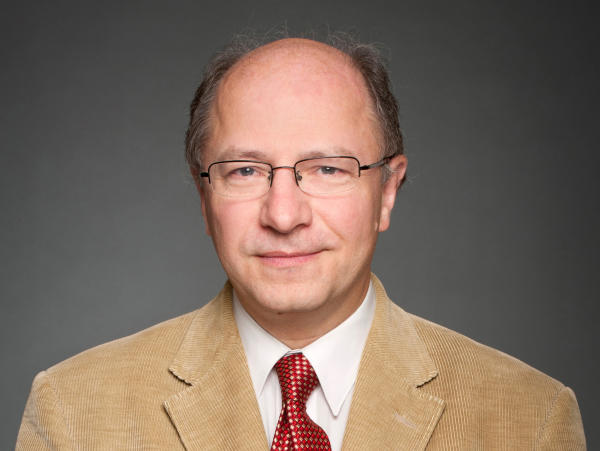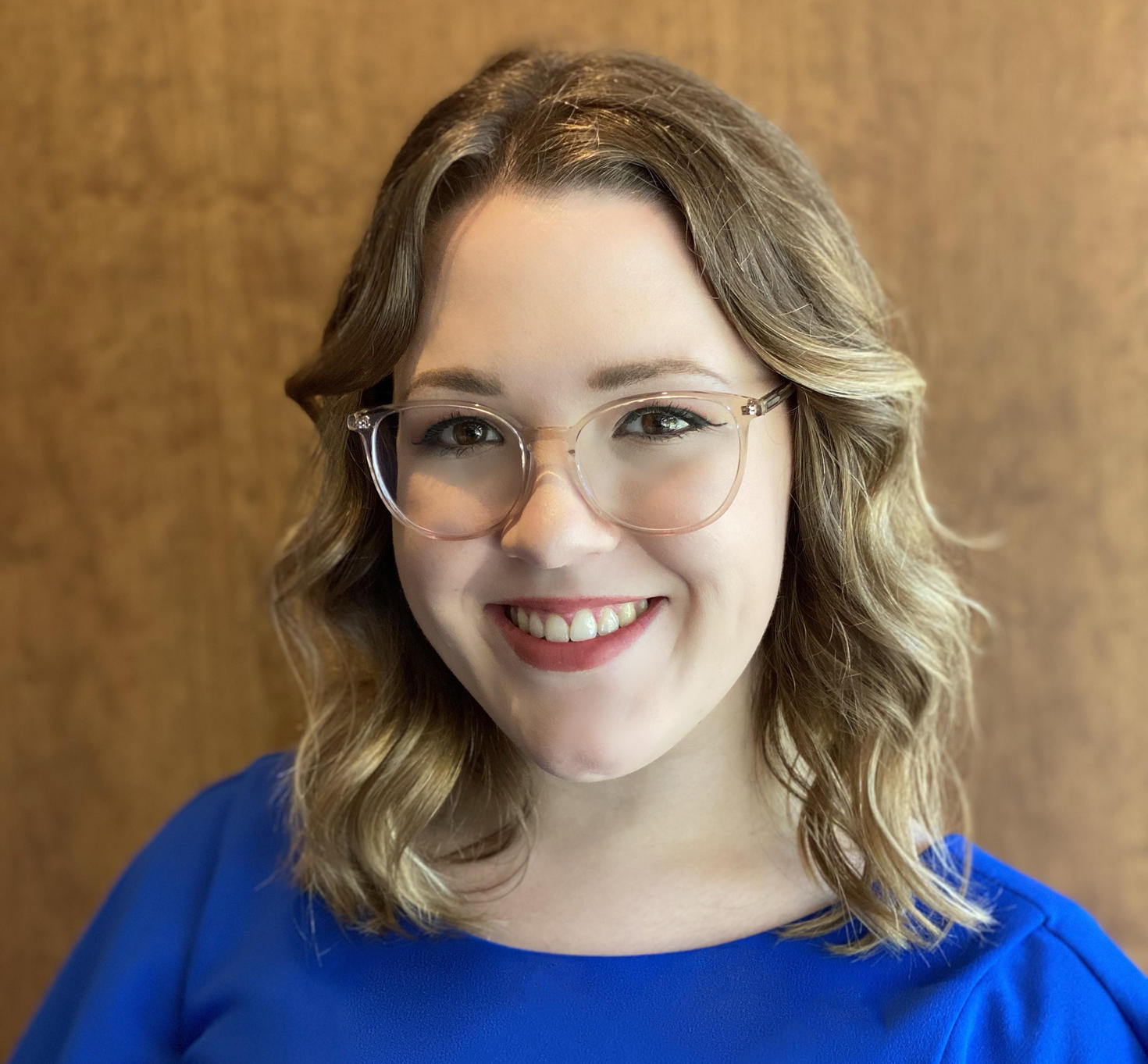The meeting’s goal was deceptively simple: NSAG representatives would jointly negotiate a humanitarian declaration to govern their conduct in the conflict. In short, they aimed to reduce violence and protect the innocent. Duhme’s role was to help the organizers by taking non-attributable notes on the dialogue among NSAG representatives as they worked towards their agreed goal.
The arranged meeting took place in Canada as a secure and confidential process; Duhme’s participation required that she not even mention the country. The meeting focused on securing access to education and protecting children's and women’s rights – notably healthcare – during the steadily-increasing years-long violence. A significant percentage of these children have been prevented from attending school for the last four years – signalling the situation’s worsening, including tremendous social and economic damage.
According to the database maintained by the Uppsala Conflict Data Program, the last ten years have seen a substantial rise in violent political conflicts worldwide. In fact, as UN Secretary-General Antonio Guterres reported in March of this year, some 2 billion people (a quarter of the world’s population) currently live in areas of armed conflict. While the Russian war of aggression has brought classic inter-State war into sharp focus, the great majority of world conflicts are intra-State – with many hardly, if ever, making the nightly news broadcasts. But for those who suffer, these conflicts and their consequences are very real.
The meeting was organized by well-connected diaspora on short notice, and Professor Packer was called to advise event organizers, inform participants about international norms and comparative experiences, and help facilitate effective negotiations. A few days before the meeting, Professor Packer reached out to his students with an incredible opportunity to assist him.

“It’s extremely rare to get an opportunity of a front-row seat in such a multi-party negotiation. In fact, to my knowledge this kind of meeting of non-State armed groups in an active conflict is...”
Professor John Packer
— Neuberger-Jesin Professor of International Conflict Resolution
“It’s extremely rare to get an opportunity of a front-row seat in such a multi-party negotiation. In fact, to my knowledge this kind of meeting of non-State armed groups in an active conflict is unprecedented in Canada”, observed Packer, Neuberger-Jesin Professor of International Conflict Resolution. “It’s the kind of thing we can usefully host and should help succeed. And the next generation should be equipped to do so.”
Duhme dropped everything and set off to the meeting venue. She was briefed on the background of the ongoing conflict by Professor Packer during the train ride. Upon arrival, Professor Packer and Duhme met with other international representatives attending as observers from four interested States.

“The meeting’s importance dawned on me when the organizers explained that many of the NSAG representatives had never previously been in a room together.”
Hannah Duhme
— 3rd-year Law Student
“The meeting’s importance dawned on me when the organizers explained that many of the NSAG representatives had never previously been in a room together. As the organizers admitted to some existing challenges and uncertainties, I wondered what the next day’s atmosphere would be,” said Duhme.
Although she had previously taken a course with Professor Packer on International Peace Mediation, Duhme reports:
“I had never had the opportunity to witness first-hand this kind of dialogue, its practical organization, conduct, or dynamics. In fact, I had never met anyone actively engaged in a violent political conflict, nor peacemakers from the international community (aside from Professor Packer). I sat in on discussions between NSAG representatives and listened as they collaborated – sometimes emotionally and with palpable tensions – working towards their agreed goal of humanitarian protection while balancing their particular and sometimes competing interests.”
Duhme noted their positions, including differing perspectives on approaches to education and passionate stances on protecting women's and children’s rights during the conflict. In between the structured meetings, she met informally with the international observers. In speaking with them, she gained first-hand insight into the realities of peace negotiations and learned about their participation in peace initiatives around the world (with varying measures of success).
“I gained instrumental educational experience throughout the meeting. As a notetaker, I heard from people directly participating in an armed conflict as they described their experiences, immediate concerns and challenges, and goals for the future. I listened to them learn about and discuss their humanitarian obligations and potential pathways to peace.”
Learning firsthand about peacemaking and peacebuilding programs inspired Duhme to think about how she could pursue a similar path in her own legal career.
“After seeing how these negotiations can directly and positively impact people’s lives in conflict situations, my academic lessons became concrete and, in professional terms, meaningful and accessible. I can imagine such a career for myself, as I know that I want to be able to make a similar impact after Law School.
“This experience was an invaluable contribution to my legal education. It was a privilege to assist Professor Packer, meet such remarkable people and gain first-hand insight into peace negotiations between non-State actors assisted by governmental facilities and independent expertise. And now I know it can work.”
